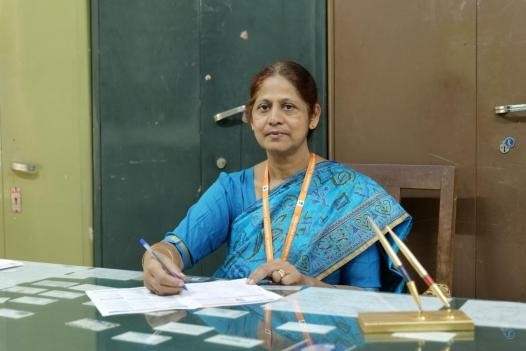The twentieth century began with the rediscovery of Mendel’s rules of inheritance and ended with the complete sequence of the human genome, one of the most monumental scientific accomplishments of all time. What lies in the future? What will the twenty-first century, the century of genomics, bring? Will geneticists a hundred years from now speak of a complete cure for cancer, heart disease, and mental illness? Will we have a cure for autoimmune diseases such as diabetes and arthritis? Will aging be slowed or even prevented? Will we have a complete understanding of the process of development and a concurrent elimination of birth defects and developmental problems? Will genetics put an end to world hunger? How will we live, and what will be the quality of our lives? The students who now are taking genetics will learn the answers to these questions as time progresses. Some students will contribute to the answers. The science of genetics includes the rules of inheritance in cells, individuals, and populations and the molecular mechanisms by which genes control the growth, development, and appearance of an organism. No area of biology can truly be appreciated or understood without an understanding of genetics because genes not only control cellular processes, they also determine the course of evolution. Genetic concepts provide the framework for the study of modern biology.
An understanding of genetics is however crucial to advancements in medicine, agriculture, and many industries. Genetic controversies such as the pros and cons of the Human Genome Project, the potential ethical and medical risks of recombinant DNA and cloning of mammals, and human behavioral genetic issues such as the degree of inheritance of homosexuality, alcoholism, and intelligence. Genetics can help us to understand why people look the way they do and why some people are more prone to certain diseases than others. Genetics can help health-care professionals to identify certain conditions in babies before they are born using techniques such as prenatal testing. Genetics helps explain a lot of things, like what makes you unique, why you look like other members of your family, and why some diseases run in your family. Taking time to learn about genetics can help you understand your own health and make healthy choices. The subject comprises different aspects of living activities and their precise control through DNA, DNA mutation causing various diseases like cancer, congenital diseases, neuropathy, biochemical disorders like phenyl Ketonuria etc. The technical expertise of the students in the field of Genetics and Molecular Biology make the student employable.
In Karnatak Science College, GENETICS is taught as one of the optional subjects with Chemistry as a compulsory and Botany or Zoology as other optional subjects under three subjects of equal importance scheme. For academic and administrative purpose, genetics course is housed in Department of Botany. There is a dedicated laboratory for genetics with the state-of-the-art facilities to perform experiments in classical as well as molecular genetics. Separate group of teachers with expertise in the subject are appointed to teach the subject. Teachers are well trained in theoretical as well as practical aspects of genetics and are always available to the students in both online and offline mode. Students can consult the faculty members at any given time to clear their doubts. Alumni of the department with genetics optional subject are well placed in various National and International research organizations, working in various capacities in Government and Non-Govt. organizations indicating the departmental prosperity in creating the responsible citizens for the future. In order to nourish the academic zeal of the students, Karnatak University has started the Post-Graduation Department of Applied Genetics in the main campus where the students can pursue his/her Post-Graduation and the doctorate degree in genetics.




